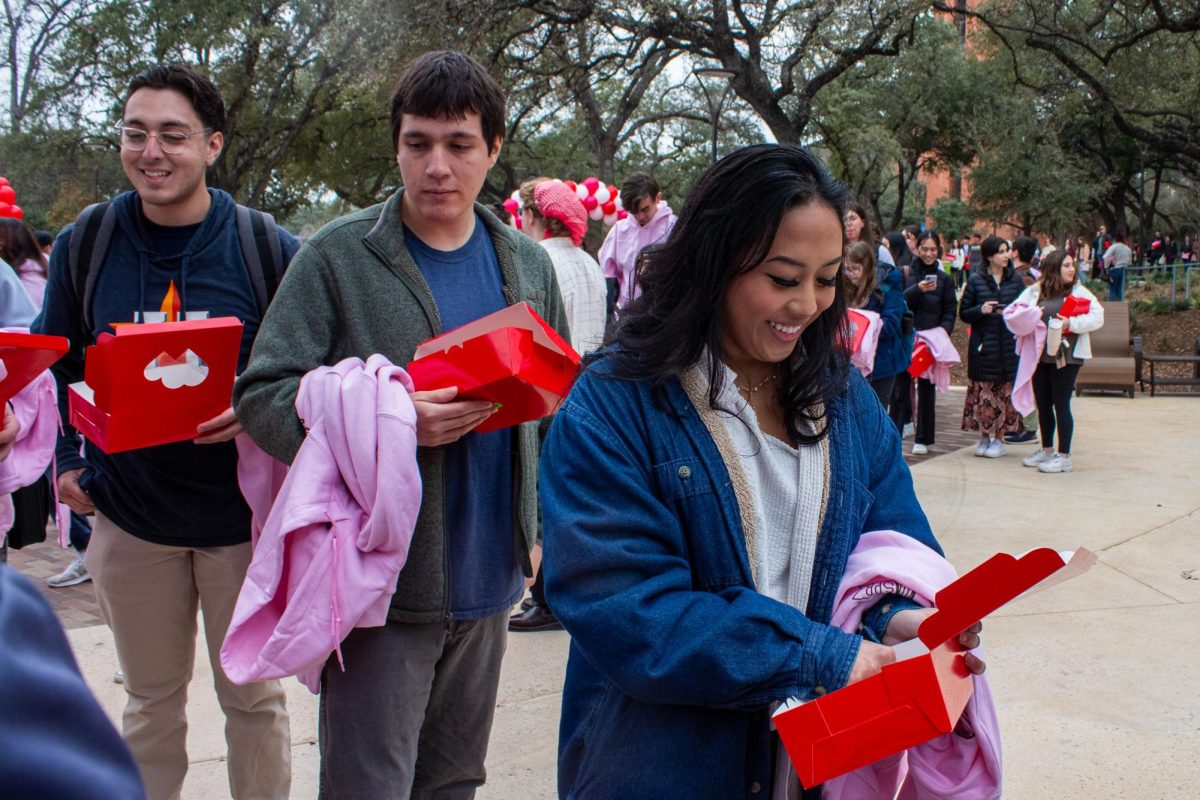Illustration by Andrea Nebhut.
Trinity received an anonymous $5 million donation over the summer. The donating party instructed that all the money go to Student Accessibility Services (SAS).
Myeshia Smith, assistant director of SAS, has already started working on improvements to all areas of SAS, especially staff, programming and professional development.
“[SAS] is extremely humbled by and grateful for the $5 million donation. The donation will allow us to transform our quality of services from good to gold standard. We will do this by adding more staff, programs, assistive technology, professional development and campus outreach,” Smith wrote in an email.
Smith hopes that this donation allows SAS staff members to create more individualized initiatives for students.
“Students can expect a faster response time to emails, increased meeting availability and quicker turn around for the dissemination of accommodation letter. Also, students can expect more check-in initiatives as we want to be proactive instead of reactive to challenges that may arise. Most importantly, students (and faculty) will notice an effort for more relationship building and communication from our department,” Smith wrote.
Aside from the SAS donation, Trinity has received several other large donations recently. Donations are placed in one of three categories: unrestricted dollars, restricted dollars and endowment. Unrestricted dollars are used for Trinity’s most important purpose in that moment, which typically goes to scholarships. Restricted dollars are used for specific programs that the donor is interested in. Endowment is when a donor donates money, and the interest incurred goes toward something Trinity needs in the future.
According to Michael Bacon, vice president of Alumni Relations and Development, relationship building and years of consistency play a large role in how we get big donations in all of these categories.
“We also got a $5 million gift from the Walton Family Foundation last May, a $5 million gift from an anonymous donor, a $1 million financial literary gift and then two $2 million donations we’ll be announcing in the next coming weeks,” said Bacon.
Bacon works to improve alumni support by listening to what alumni are interested in and inform them of how important every single dollar is.
“When you think about the role that we plan in this whole world of fundraising, we listen to what people are interested in, and then we say ‘Can we bring you a project about that thing?’ Then we go back and do the research and put together a project or a program that has to do with something in Trinity’s mission, and we then bring it back to the potential donor, and they’re like ‘Yeah that sounds great.’ It’s matching their interests and their priorities with what Trinity does,” Bacon said.
Gary Logan, vice president for finance and administration, manages the endowment.
“In this case, the donor gave an endowment, restricted the corpus, or the original gift, and they restricted the income for the use of the student accessibility coordinator,” Logan said. “What makes an endowment an endowment is that the donor places on the original gift amount a perpetual restriction that it cannot be spent. That distinguishes it from other types of gifts. Donors for an endowment can then decide whether the income that’s earned off of the endowment, the original gift — plus as it accumulates over time, they can decide to restrict the use of that income, or they can leave the income off of that unrestricted.”
Smith has high hopes for the future of SAS.
“As more money is donated and dedicated to SAS, I would like to see more resources toward improving the physical accessibility of our campus. Additionally, I would like to focus on creating more awareness and training to campus through guest speakers and leading researchers. Finally, as the number of students registered with SAS and our staff continue to increase, I would love for the SAS space to expand,” Smith wrote.













